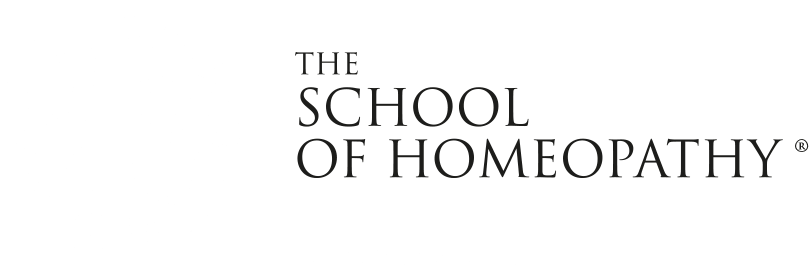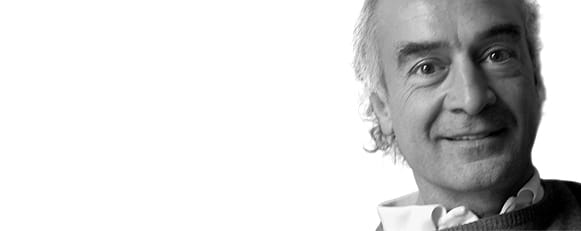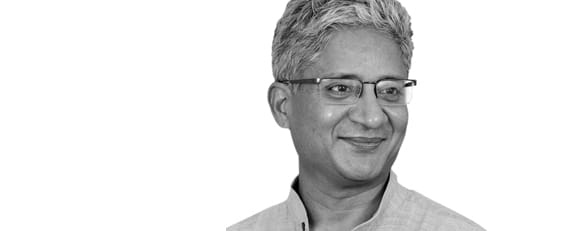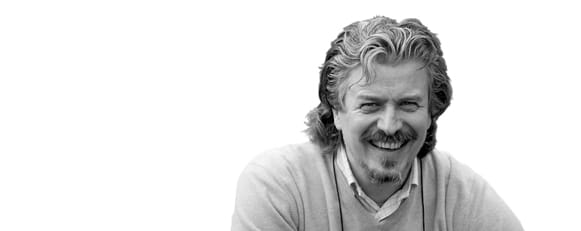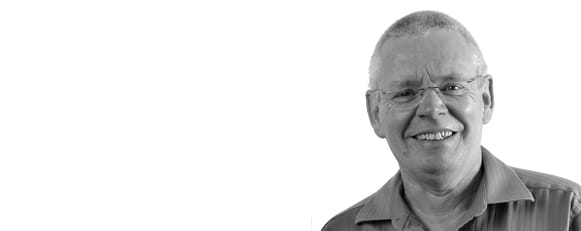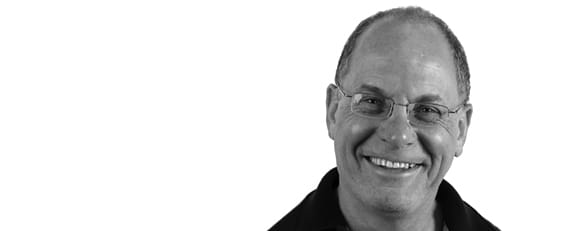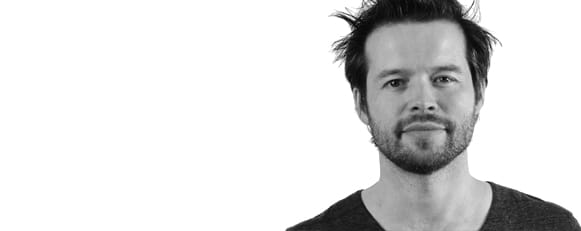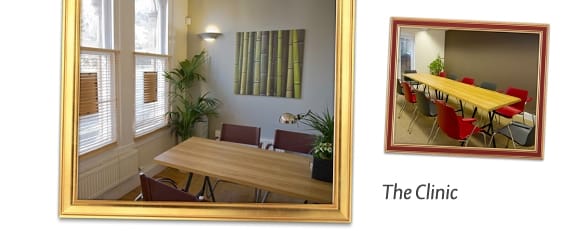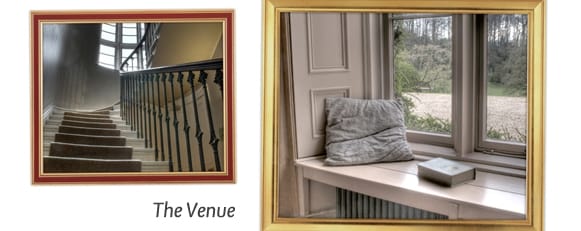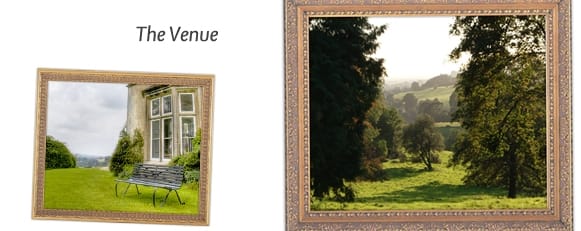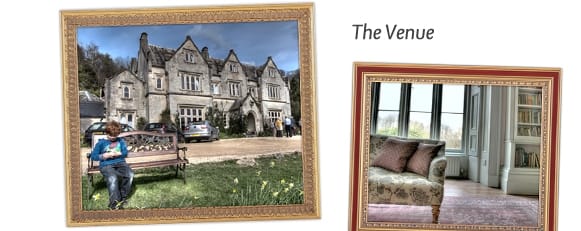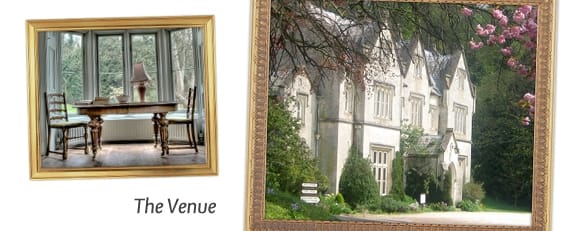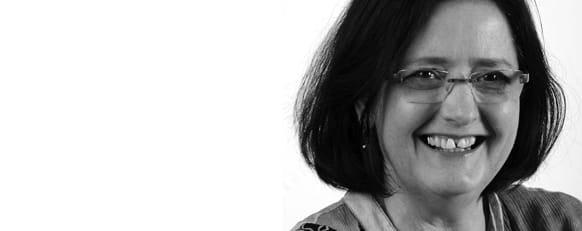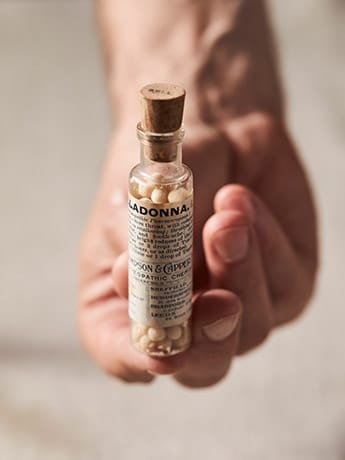
Minimum & single dose
In homeopathy two important principles are employed when prescribing medicines: the minimum dose and the single dose.
Minimum dose
The principle that only ‘the minimum dose’ should be employed is based upon the understanding that the 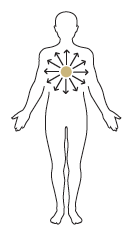 stimulus of the medicine triggers the intrinsic healing response. Following this principle we give only enough medicine to initiate this healing response. This response then carries on, driven by the body’s need to maintain health and balance.
stimulus of the medicine triggers the intrinsic healing response. Following this principle we give only enough medicine to initiate this healing response. This response then carries on, driven by the body’s need to maintain health and balance.
The use of the minimum dose has the advantage that it does not produce the gross side effects so often caused by conventional treatments.
The concept of the minimum dose is similar to Arndt-Schultz law (named after the pharmacologist Hugo Schultz and the psychiatrist Rudolf Arndt, who formulated the law).
Arndt stated:
“Weak stimuli accelerate vital activity, medium stimuli raise it slightly, strong ones suppress it and very strong ones halt it.”
This is usually simplified as follows: small doses stimulate, medium doses inhibit and large doses kill. Thus the minimum, potentised dose is employed by homeopaths.
Single dose
When seeing a homeopath for the first time you may be surprised if you are prescribed just a single pill - particularly so if you have been used to receiving bagfuls of medications from your doctor. This is because a homeopathic medicine stimulates your own internal healing mechanisms and while these are in action there is no need to give more. We wait and watch while the healing process takes place. There may be a slight worsening of symptoms (aggravation) at the start, but this should be followed by an improvement as your vitality and immune system are stimulated by the medicine. During the healing of chronic disease, old symptoms (that might once have been suppressed) may re-emerge. This phenomenon is described in leaflet 8: Direction of cure.
Other reasons for giving only one medicine
at a time are as follows:
• If you give more than one medicine, one
might cancel out the action of another.
• If you give more than one medicine it is not possible to know which is having an effect.
• The possible interactions between simultaneously given remedies are not known.
Our mission is to treat the whole person, not individual symptoms, so we will try to find the one medicine that corresponds to the whole case.
This healing is more than just treating symptoms, it is inspirational and it has become an everyday part of my life.
Bill, Student
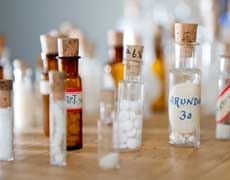
200 years of heritage and refinement
Homeopathy is a system of natural medicine that has been in use worldwide for over 200 years. It has been available on the NHS since its inception in 1948. The name homeopathy, coined by its originator, Dr Samuel Hahnemann, is derived from the Greek words for ‘similar suffering’ referring to the ‘like cures like’ principle of healing. He was born in Germany 250 years ago.
